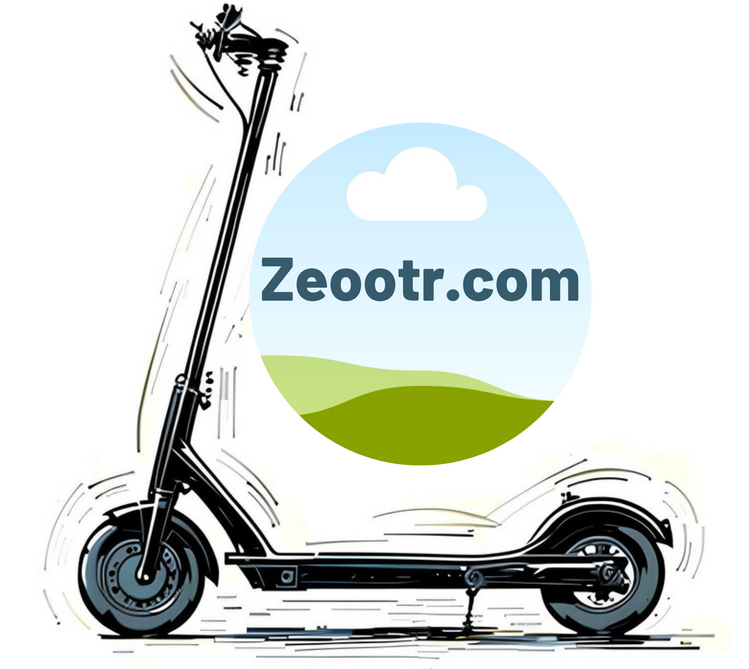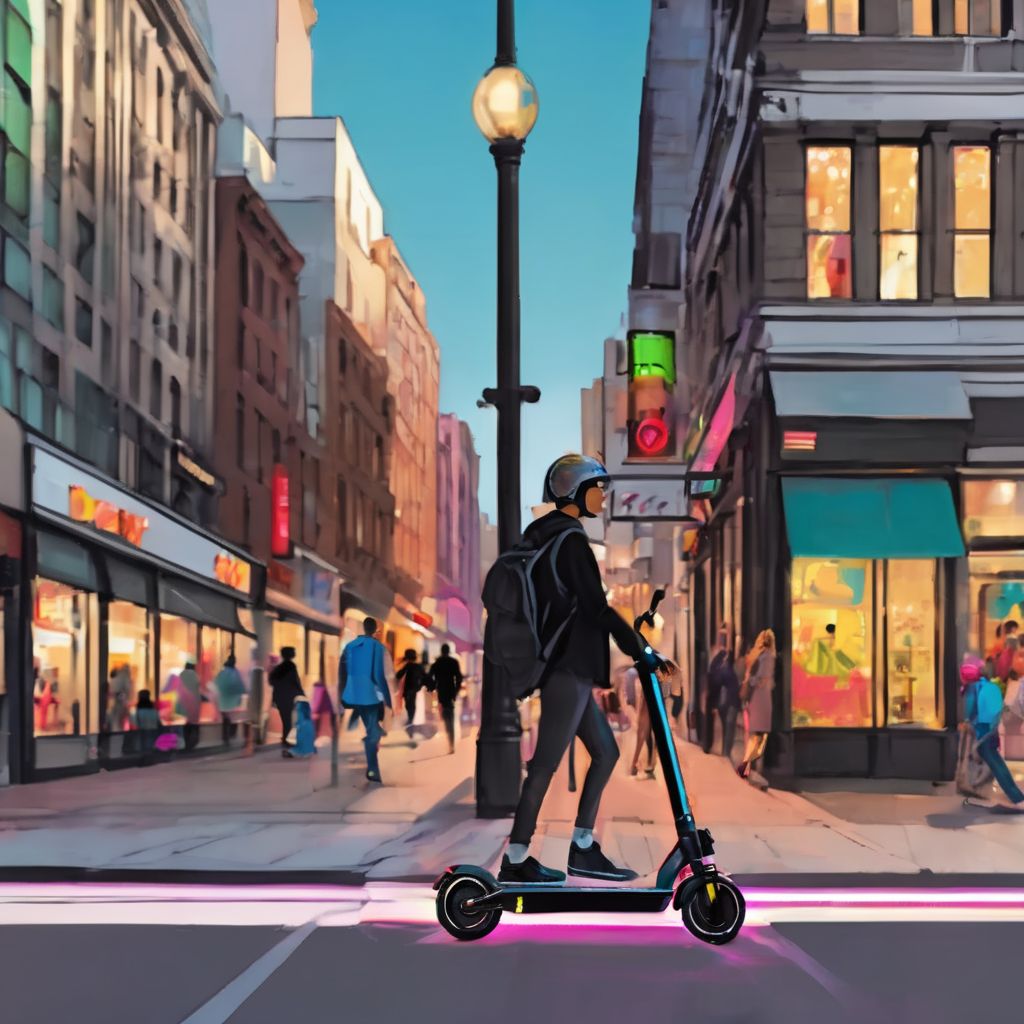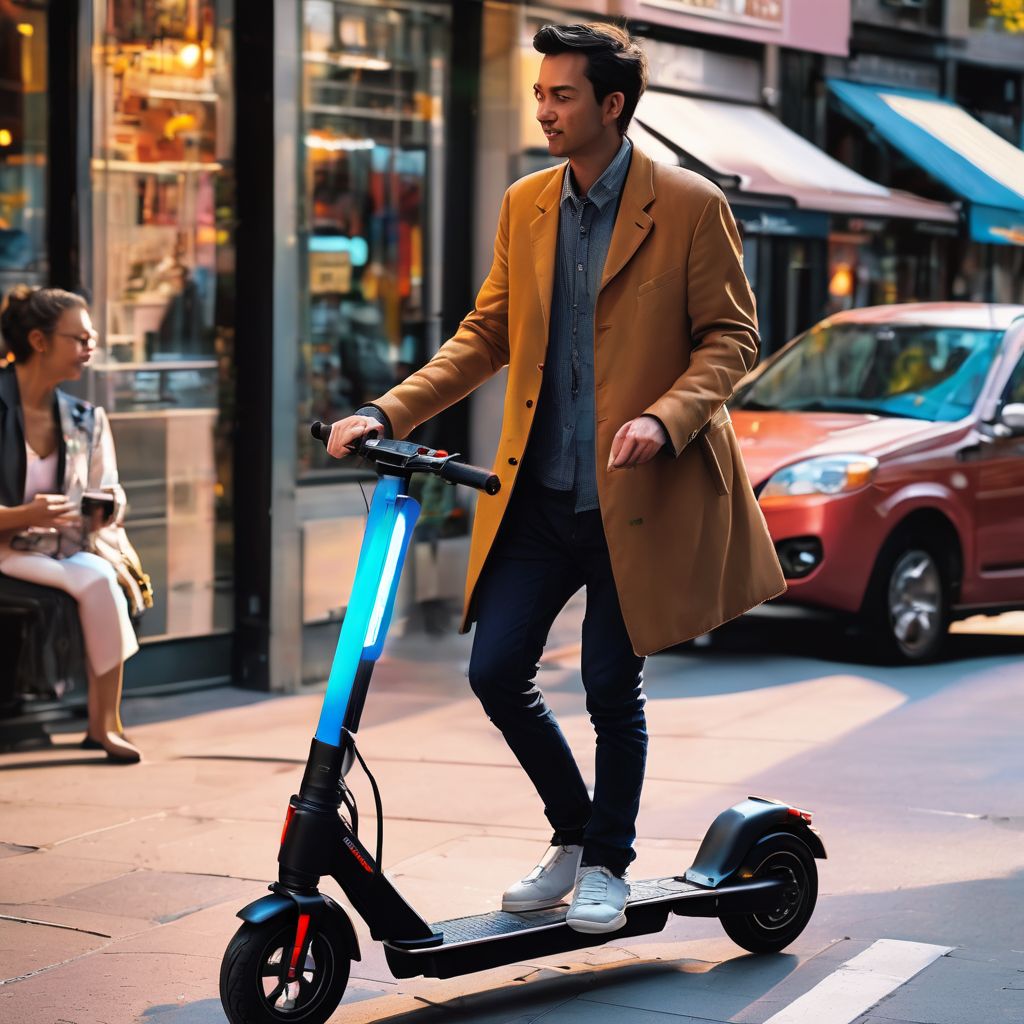

Speed Limits - Electric Kick Scooters
The speed limit for e-scooters in Spain, Switzerland and Belgium is 25 km/h (15.5mph), which is the same as for e-bikes. For Brazil, it is 20km/h(12 miles per hour), and riding on sidewalks is not permitted.
In Canada, most cities have similar laws, with speed caps at 25km/h, or 15 miles per hour. Most cities in Canada do not allow sidewalk scooting, and those that do require a lower speed of travel as well. Here are the speed limits for electric kick scooters for other cities around North America:
Texas - 20mph,
Los Angeles - 15mph,
New York - 15mph,
In USA, many states have a speed limit of 20mph, and, in some states the speed can be higher or lower. As a rule, ekick scooters are not allowed on highways or high speed streets (over 30-35mph) Many states have a minimum rider age of 16, with some even 14. Helmets are typically required for young adult riders; younger than 18. Sidewalk scooting is a NO NO, for most all cities.
In Japan, the speed limit is 20km/h. And, riders are permitted to use walkways where bicycle access is granted if they keep their speed to 6 km per hour and do not interfere with pedestrians.
Like most countries, electric kick scooters have become increasingly popular in China. The speed limits for electric kick scooters in China can vary depending on the province and city. For example, for Shanghai, the maximum speed limit for electric kick scooters is 15 km/h. Whereas, Beijing, the speed limit is 20 km/h. And, in Guangzhou, the speed limit is 25 km/h.
India has a speed limit of 25km/h for electric kick scooters. And, electric scooters with a 250Watts or less of power, do not require any driving license. So for the older generation, teenagers, and students, this type of ekick scooter is preferred.
Australia and New Zealand have a max speed limit of 25mph, and notably, ekick scooters are only allowed on paths; they are not allowed on public roads or bicycle lanes.
In Singapore, the max speed allowed is 25km/h, and the ekick scooter must weight 20kg or less, and be UL2272 certified. Also, the scooter must be registered, with a sticker placed on the scooter. Failing to do so, can result in a fine of $2,000, or to 3 months in prison.
In France, a speed of 20km/h, is mandated, with fines levied for those going over the speed limit. Headphones are prohibited while riding your ekick scooter in France.

In Sweden, electric kick scooters are legally classified as bicycles if:
their max speed is 20km/h,
their motor is 250watts or less.
Because they are classified just like a bicycle, and can use bike lanes and roads. If no bike lane is available, they ride on the ride side of roads. They are not allowed to ride on sidewalks or pedestrian zones.
The maximum speed limit is 20km/h, in Germany, and helmets are required when travelling above 20kph. Also, insurance and insurance plates are mandated.
Italy has just recently updated their ekick scooter laws, which now set the max speed limit to 25km/h, and to a reduced speed of 6km/h in pedestrian areas. Also, ekick scooters can now ride on roads where bikes are also allowed.
In Austria ekick scooter commuters must ride in the bike lanes only. Additional guidelines include: a top speed limit of 25 km/h and a bike license for all riders. Scooters must have braking reflectors, retroreflectors, red back lights and white front lights. And, the wattage of the scooter cannot exceed 600watts.
Belgium, mandates a 25km/h speed for escooters(and ebikes), and both are legally permitted to travel on public roads. Like the majority of cities, ekick scooters are not allowed to travel on sidewalks. Riders must be 18 years old.
Most cities around the world have ekick scooter policies in place, and many have introduced a 'pilot program' to set basic rules for ekick scooter commuting, with amendments being added when necessary. Scooter speed, is the core aspect of the scooter commute, and with that, each muncipality has their own standards for safety; be it safety gear like helmets, or requiring insurance and licensing for certain scooter speeds, and specific power wattages. Fines are also being imposed for those who travel too fast, or do not follow the rules set out by their local government.
Homepage